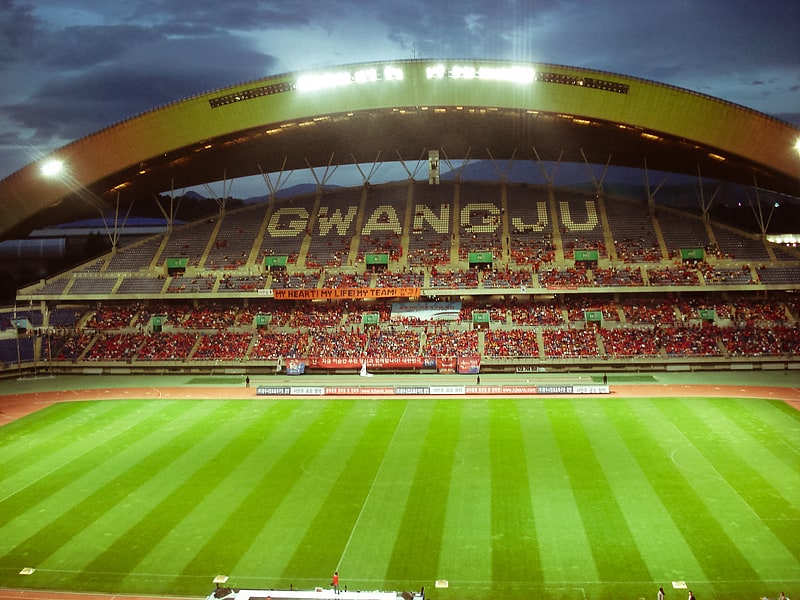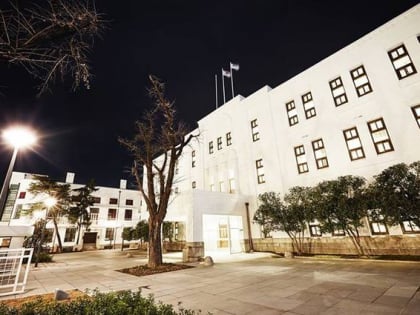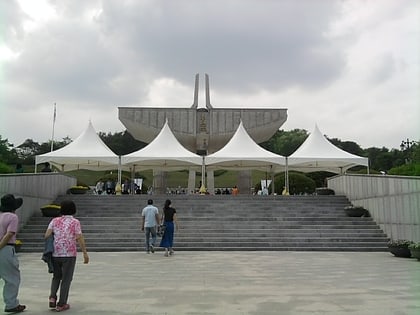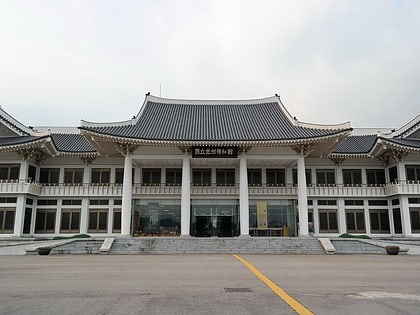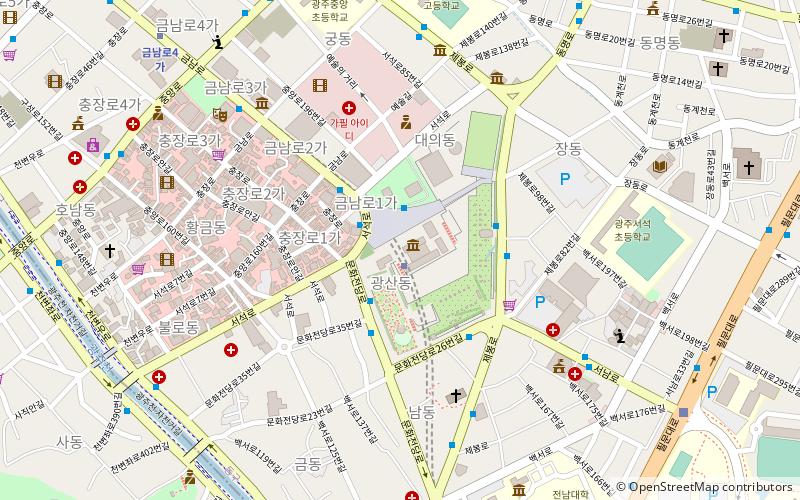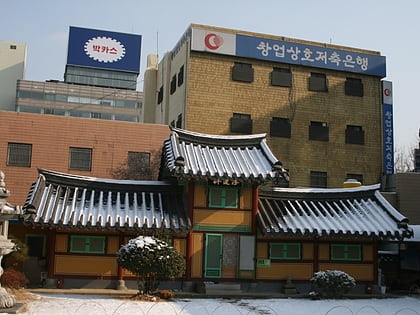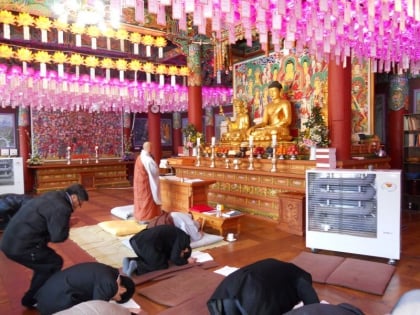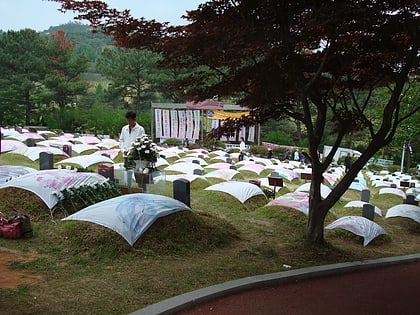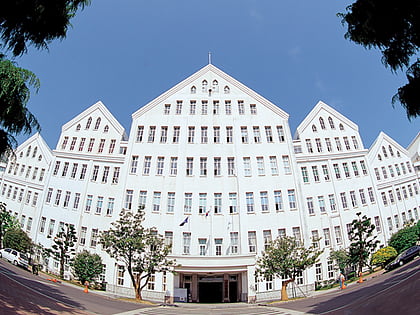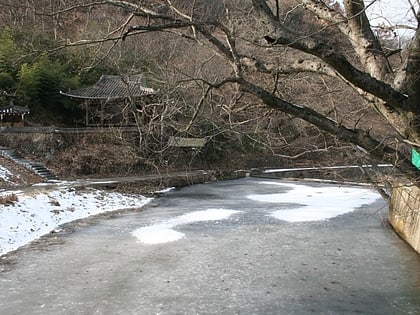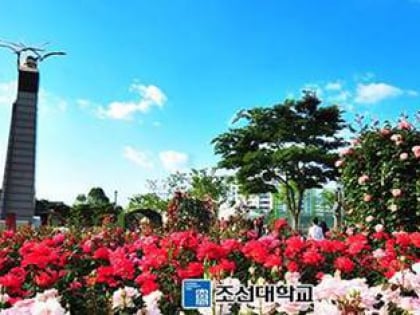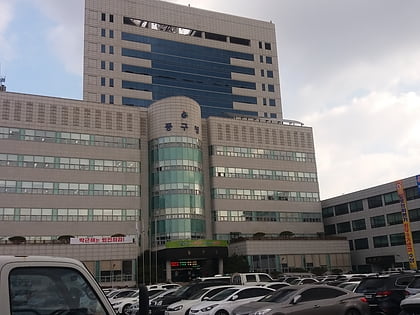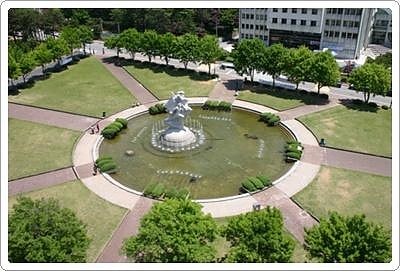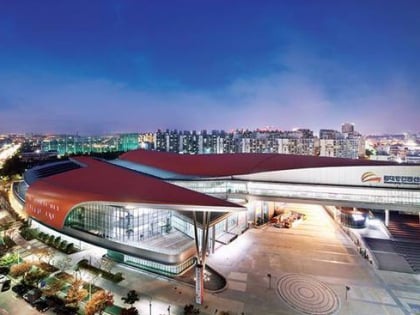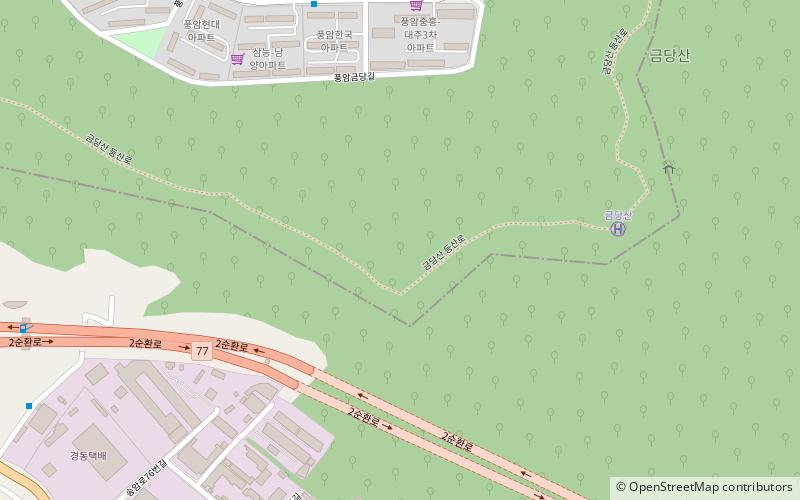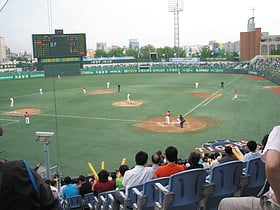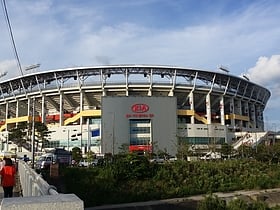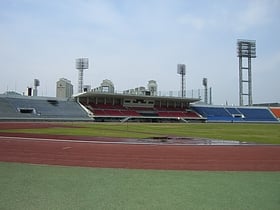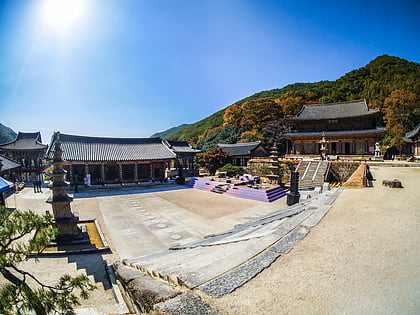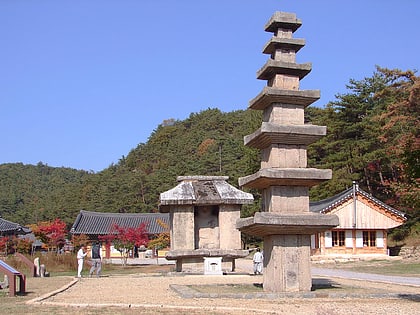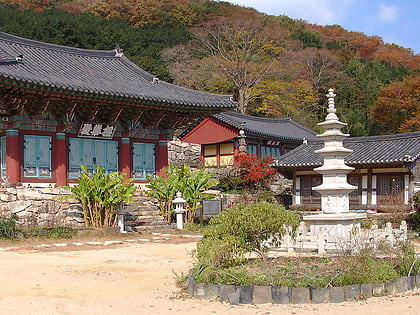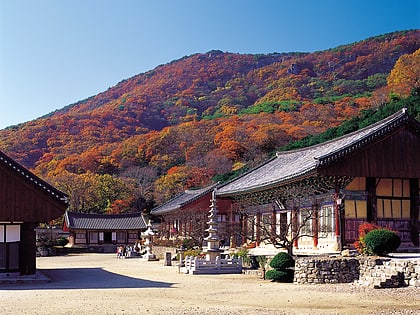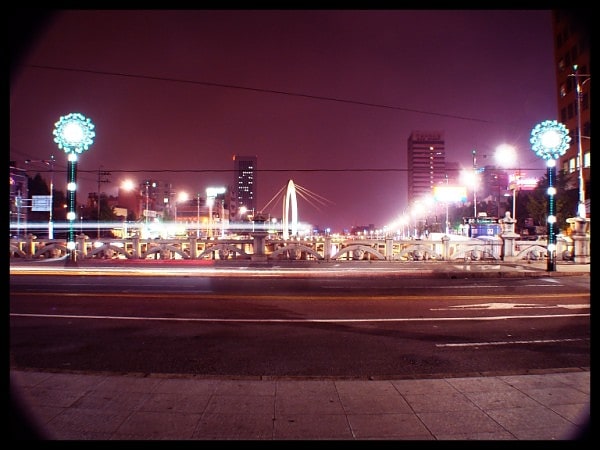
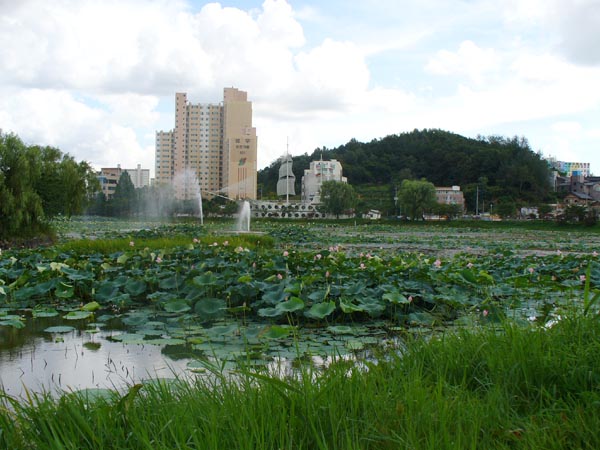
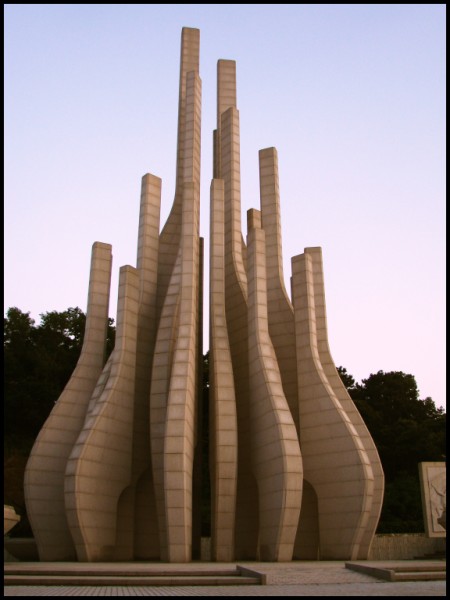
Gwangju Travel Guide
Facts and practical information
South Korea, a country known for its rich history, rapid modernization, and vibrant culture, offers a unique blend of the traditional and the contemporary. Within its dynamic cities, Gwangju stands out as a hub of culture, art, and democratic history.
Gwangju, the sixth-largest city in South Korea, is nestled in the southwestern part of the country. It is renowned for its rich artistic heritage and the May 18th Democratic Uprising, a pivotal event in South Korea's struggle for democracy. The May 18th National Cemetery and the 5·18 Freedom Park are solemn reminders of this struggle and are important sites for understanding the city's past.
The city is also celebrated for its cultural scene, boasting the Gwangju Biennale, one of Asia's most significant contemporary art events. The Biennale, held every two years, attracts artists and art enthusiasts from around the world, turning the city into a canvas for international artistic expression. The Gwangju National Museum and the Gwangju Museum of Art are also key institutions, offering insights into the region's history and contemporary art movements.
Gwangju's culinary offerings are a delight for food enthusiasts. The city is famous for its regional cuisine, which includes dishes like tteokgalbi (grilled short rib patties), and Gwangju kimchi, known for its distinctive flavor. Visitors should not miss the opportunity to explore the Yangdong Market, the largest traditional market in the city, where they can sample local street food and shop for regional specialties.
Nature lovers will appreciate the scenic beauty surrounding Gwangju. Mudeungsan National Park, located just outside the city, offers hiking trails that lead to stunning mountain vistas and ancient Buddhist temples. The park is a perfect escape for those seeking tranquility and a connection to nature.
For a more urban experience, the downtown area of Chungjang-ro is a bustling district filled with shops, cafes, and entertainment venues. It is a vibrant place where both locals and tourists can enjoy the lively atmosphere and immerse themselves in the city's modern lifestyle.
Gwangju Attractions - What to See and Explore
Gwangju offers many attractions and places to visit. Here are the most important ones: Gwangju World Cup Stadium, Asia Culture Center, May 18th National Cemetery, Gwangju National Museum. Below you will find a complete list of places worth visiting.
Things to See and Do in Gwangju by Category
Sights, interesting and unusual places and attractions valued by most tourists. See the list of places to visit in Gwangju.
Active
Other categories
MuseumUniversities and schoolsGwangju – popular in the area (distance from the center)
In the vicinity of Gwangju, it's worth seeing attractions such as: Geumsansa (Gimje), Hwaeomsa (Jirisan National Park), Unjusa.
Best Time To Visit Gwangju
Learn when is the best time to travel to Gwangju weather-wise and what to expect in each season.
